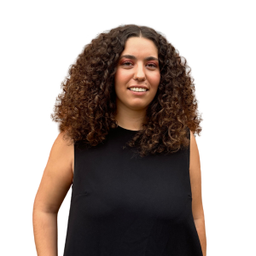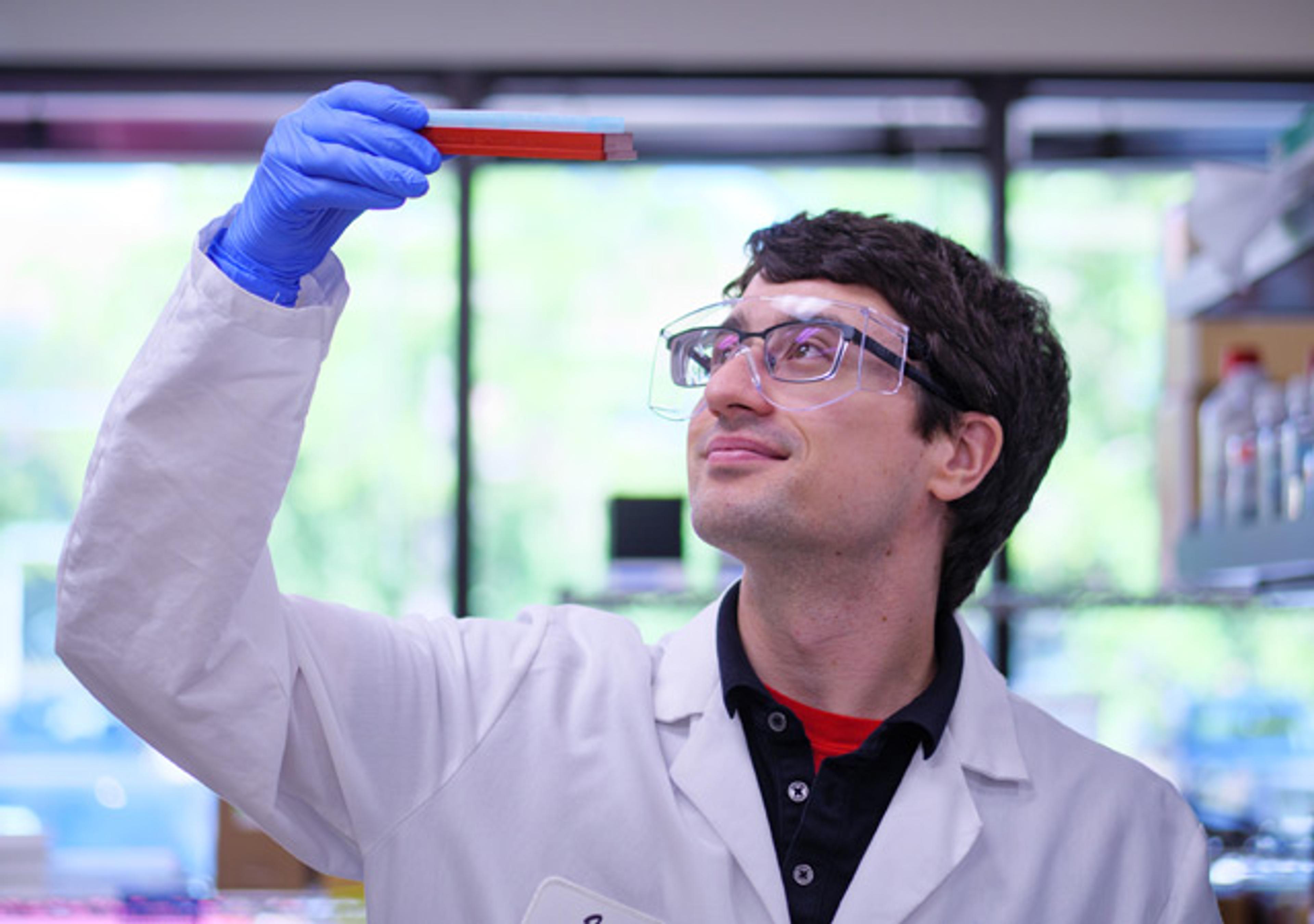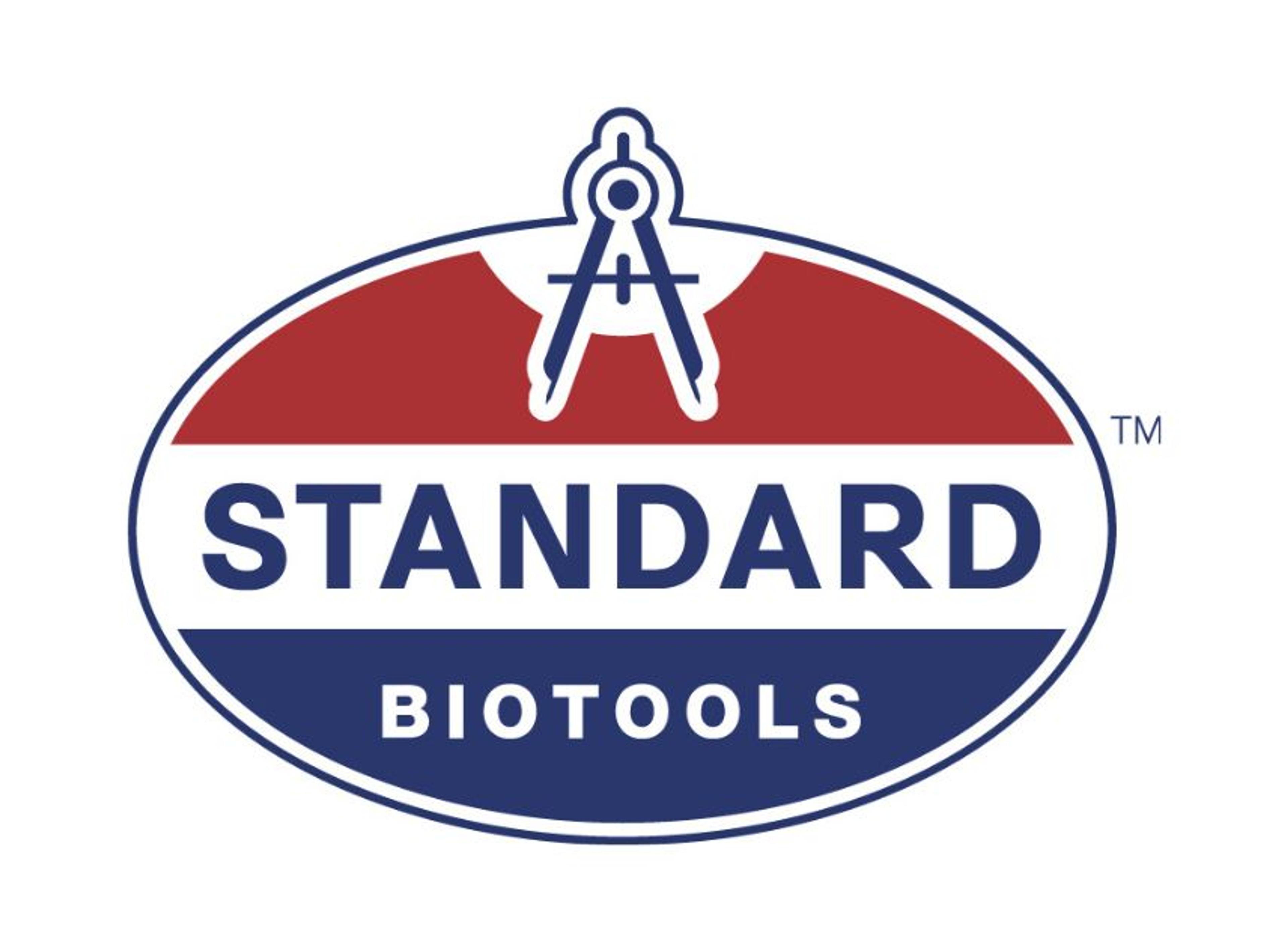
Rethinking neurodegeneration through blood-based biomarkers
Wednesday, October 8, at 16:00 BST | 17:00 CEST | 11:00 EDT | 8:00 PDT
Proteomics is redefining how we predict, diagnose, and develop treatments for neurodegenerative diseases. Join this roundtable discussion with two leading experts in neurology as they explore the power of blood-based biomarkers, from deep molecular studies to global-scale datasets with the SomaScan™ Assay:
- Tony Wyss-Coray, PhD (Stanford University School of Medicine) will discuss how combining protein measurements in blood and cerebrospinal fluid with genetic data has revealed valuable insights into brain aging.
- Jacob Vogel, PhD (Lund University) will present discoveries from the Global Neurodegeneration Proteomics Consortium (GNPC), revealing protein signatures that predict dementia, identify multiple pathologies, and track changes in protein networks over time.
This roundtable discussion will be moderated by Steve Williams, MD, PhD (Chief Medical Officer, Standard BioTools).
Secure your spot today to hear what the next decade of neurological research could look like.
Key learning objectives:
- Blood vs. brain biomarkers: Can plasma replace or complement CSF?
- Early detection: How can protein patterns predict dementia before symptoms appear?
- Data scale: Is bigger always better, or is deeper profiling the key?
Who should attend?
Translational and clinical researchers studying neurology and aging across all research sectors (e.g., academia, biotech, government, biopharma).
Certificate of attendance
If you attend the live webinar, you will automatically receive a certificate of attendance, including a learning outcomes summary, for continuing education purposes.
If you view the on-demand webinar, you can request a certificate of attendance by emailing editor@selectscience.net.
Speakers
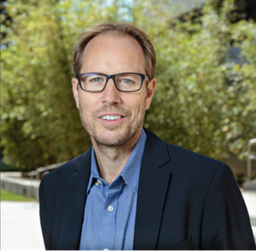
Dr. Tony Wyss-Coray is the D.H. Chen Distinguished Professor of Neurology at Stanford and directs the Knight Initiative for Brain Resilience. His research focuses on brain aging, Alzheimer’s, and how blood factors influence brain function. His team showed that young blood can rejuvenate aging brains. He uses genetic, cell biology, and –omics tools in killifish, mice, and humans. Wyss-Coray has spoken at TED, the World Economic Forum, and more. He co-founded Alkahest and other biotech companies and has received major awards including the NIH Pioneer Award and recognition in Time’s “Health Care 50.”
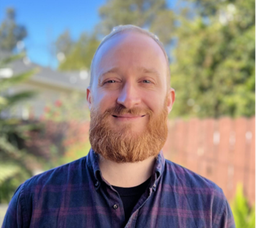
Dr. Jacob Vogel is an Assistant Professor at Lund University specializing in neurodegenerative research. His lab uses large datasets, including neuroimaging and multi-omics, to model disease progression in Alzheimer’s and Parkinson’s. He is known for identifying Alzheimer’s subtypes and his expertise in tau imaging. Committed to open science, he collaborates with research networks like the Swedish BioFINDER study. His work aims to develop biological models to inform diagnostics and clinical applications.
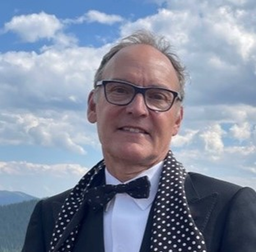
Stephen Williams, M.D., Ph.D., is Chief Medical Officer at Standard BioTools, leading Clinical R&D, Medical Affairs, and Regulatory and Quality since 2009. He guides clinical use of the SomaScan™️ Platform and has contributed to commercial strategy, assay development, and bioinformatics. Previously, he spent 18 years at Pfizer, serving as VP and Worldwide Head of Clinical Technology. He has advised the NIH and helped launch major initiatives like ADNI and the biomarker consortium. Dr. Williams holds degrees in physiology, medicine, and surgery, with a Ph.D. from Charing Cross and Westminster Medical School and imaging training from Newcastle University.
Moderator
